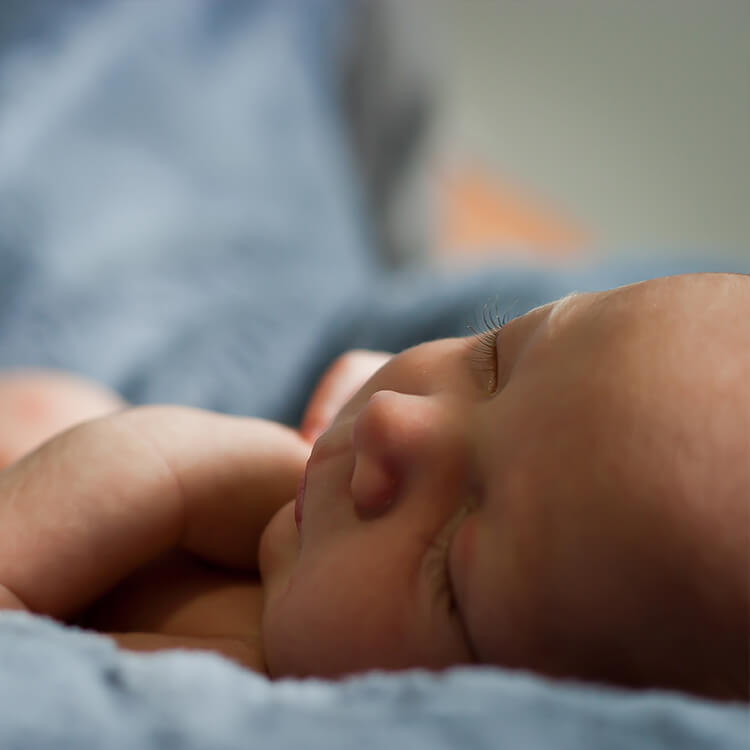Search
Research
Anesthetic considerations in children with asthmaDue to the high prevalence of asthma and general airway reactivity, anesthesiologists frequently encounter children with asthma or asthma-like symptoms. This review focuses on the epidemiology, the underlying pathophysiology, and perioperative management of children with airway reactivity, including controlled and uncontrolled asthma.
Research
COVID-19 implications for pediatric anesthesia: Lessons learnt and how to prepare for the next pandemicCOVID-19 is mainly considered an “adult pandemic,” but it also has strong implications for children and consequently for pediatric anesthesia. Despite the lethality of SARS-CoV-2 infection being directly correlated with age, children have equally experienced the negative impacts of this pandemic.
Research
Risk assessment and optimization strategies to reduce perioperative respiratory adverse events in Pediatric Anesthesia—Part 2: Anesthesia-related risk and treatment optionsPerioperative respiratory adverse events are the most common cause of critical events in children undergoing anesthesia and surgery. While many risk factors remain unmodifiable, there are numerous anesthetic management decisions which can impact the incidence and impact of these events, especially in at-risk children.
Research
Error traps in pediatric difficult airway managementDifficult airway management in children is associated with significant morbidity. This narrative review on error traps in airway management aims to highlight the common pitfalls and proposes solutions to optimize best practices for pediatric difficult airway management. We have categorized common errors of pediatric difficult airway management into three main error traps.
Research
Feasibility of the pre-operative measurement of fractional exhaled nitric oxide and respiratory mechanics to predict respiratory outcomes in children undergoing general anaesthesiaPeri-operative respiratory adverse events remain a major cause of morbidity and mortality in children undergoing general anaesthesia; those with asthma are at higher risk. The aim of this feasibility study was to determine whether pre-operative measurements of fractional exhaled nitric oxide and the forced oscillation technique are feasible in children, and to explore whether these measurements can predict peri-operative respiratory adverse events.
Research
Numerical simulation of aerosolised medicine delivery through tracheostomy airwaysThe administration of inhaled antibiotics to patients with upper or lower respiratory infections is sometimes conducted via a tracheostomy airway. However, precise dosing via this route remains uncertain, especially in spontaneously breathing paediatric patients.
Research
Airway management in neonates and infants: Recommendations according to the ESAIC/BJA guidelinesSecuring an airway enables the oxygenation and ventilation of the lungs and is a potentially life-saving medical procedure. Adverse and critical events are common during airway management, particularly in neonates and infants. The multifactorial reasons for this include patient-dependent, user-dependent and also external factors.
Research
Perioperative intravenous lidocaine use in childrenPerioperative pain management impacts patient morbidity, quality of life, and hospitalization cost. In children, it impacts not only the child, but the whole family. Adjuncts for improved perioperative analgesia continue to be sought to minimize adverse side effects associated with opioids and for those in whom regional or neuraxial anesthesia is not suitable.
Research
Primum non nocere (“first do no harm”) with oxygen therapyBritta Regli-von Ungern-Sternberg AM FAHMS MD, PhD, DEAA, FANZA Chair of Paediatric anaesthesia, University of Western Australia; Consultant

News & Events
Intubation study points the way to safer surgery in babiesPerth researchers who were involved in an international study which examined two different techniques used to intubate newborns and young babies during surgery expect the findings to lead to a change in global practice.
